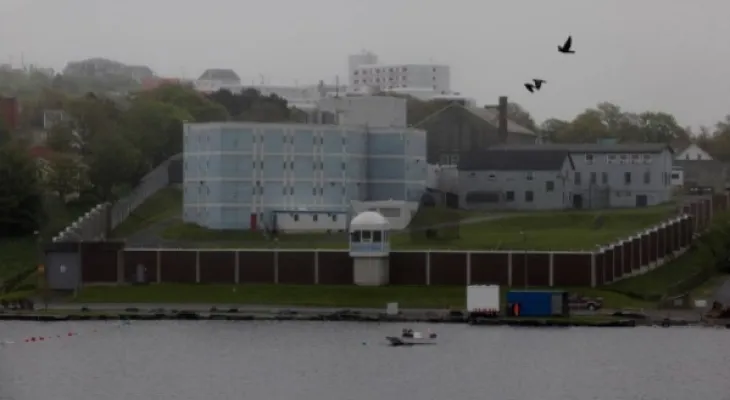Search here
Newspaper
Search here

Arab Canada News
News

Published: October 9, 2023
Shortly after confirming another death in one of Newfoundland's harsh prisons, Bob Buckingham wrote to his fellow defense lawyers to ask what they could do to better advocate for prisoners.
The death of August, which sources say was a suicide, is at least the seventh since 2017 inside provincial jails, which experienced the highest inmate suicide rate in Atlantic Canada between 2010 and 2020.
Judges in Newfoundland and Labrador have also recently reduced sentences for at least two prisoners at Her Majesty's Penitentiary in St. John's in scathing written decisions that condemn the rodent infestation and mold in the 164-year-old prison and its crumbling infrastructure. Buckingham wants lawyers to raise these conditions more frequently during arguments, thus giving judges more opportunities to take a stand, which he hopes will pressure the provincial government to make changes.
Buckingham, based in St. John's, said: "There needs to be political will to do something to change the way things are, to introduce basic principles of justice into the prison system regarding inmates." "They should have a fundamental opportunity to challenge what is happening, to challenge the poor conditions."
Unlike the federal corrections system, there is often no independent oversight of provincial jails in Canada. Federal jails are monitored by the Office of the Correctional Investigator, and the Correctional Service of Canada publishes statistics on inmate deaths. The agency alerts the press when an inmate dies, and deaths that are not due to natural causes are investigated by a team of four members and reported on.
In provinces including Newfoundland and Labrador, the provincial Department of Justice often only publicly confirms an inmate's death if the media requests information. The public often does not learn about suicides behind bars unless families speak out about them.
Only some provinces, including British Columbia, launch automatic investigations into inmate deaths that are not clearly due to natural causes.
For his part, Cory Shefman, a human rights lawyer in Toronto who exclusively represents Indigenous people and their organizations, said: "In most provincial jails, what you’re looking at is a closed box; it’s a closed system." "Generally, the only people who know what is happening in provincial jails are the inmates, the guards, and defense lawyers. No one is listening to the inmates. So there is a real lack of accountability."
Shefman added that this is particularly concerning, as a large percentage of inmates in provincial jails are in pre-trial detention, meaning they are awaiting trial and have not been convicted. He also noted that it is deeply concerning as Indigenous people are disproportionately represented in provincial jails, stating that in some Prairie provinces, more than 80 percent of inmates in regional correctional facilities are Indigenous.
Shefman said provincial jails need oversight similar to what exists at the federal level.
Comments